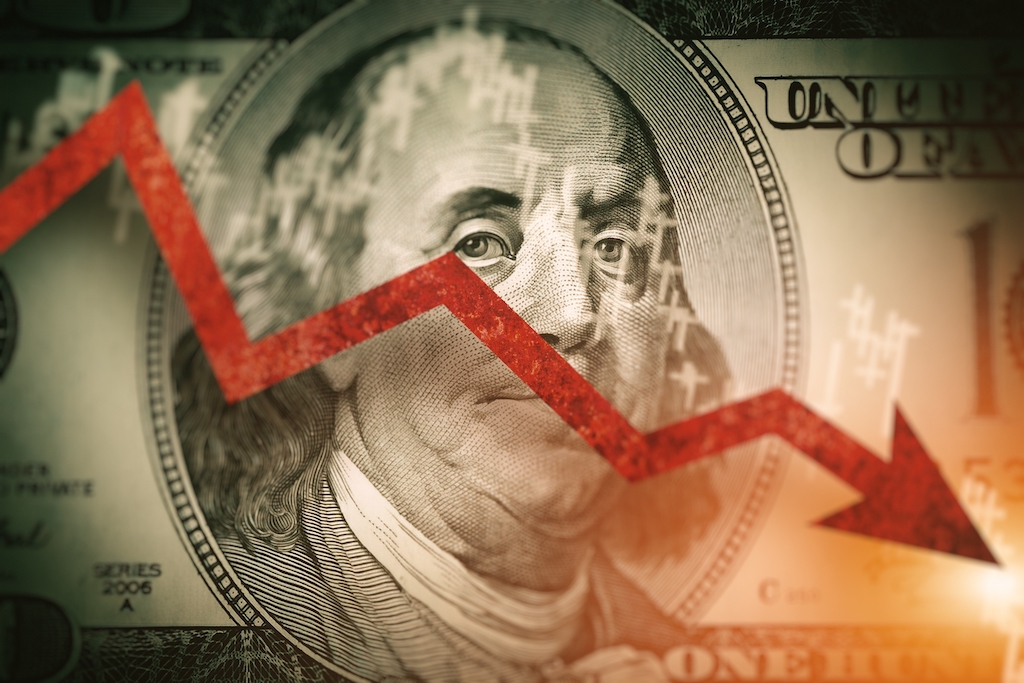How Politics Affect the Stock Market and Your Retirement
When the market turns volatile and uncertainty keeps investors on their toes, people often try to identify the root cause. Is the instability caused by activity in an overseas market? Could a surprising move by an influential company be the cause? Or does it all come down to politics?
Last year, we saw extreme market volatility and effects like we haven’t seen in years, leaving many investors wondering why. The significant movements and changes in the political sphere made many people turn to politics as a possible cause.
But how much does politics really affect the stock market? The CERTIFIED FINANCIAL PLANNER™ professionals at Morris Financial Concepts, Inc. in Charleston will walk you through the network of cause and effect at play and what it means for your retirement portfolio.
How Do Politics Affect the Stock Market?
While it may be tempting to blame all stock market activity on politics, that is not always the case. Politics can affect the stock market but in short-term and indirect ways. Politicians have the power to pass regulations and laws that can ultimately affect a business’s fundamental performance. Presidents are also responsible for filling keystone economic positions like the chair of the Federal Reserve. These factors will impact the companies and the stock market. The combined result of these factors can have an impact on the fortune of companies and, therefore, investor sentiment when it comes to purchasing equity in those companies.
That said, inevitably politics do not determine how stocks perform, the business outlook does. While certain political moves may temporarily impact business outlook, it is not the determining factor in stock performance.
News coverage that pertains to politics and the business sector may also affect the stock market, but this is almost always short-term. News of positive performance in any given area may trigger a jump in stock performance, but in the larger context of the market, that jump is a blip on the radar. News of policy implementation or anticipated election results may also cause some day-to-day jumps or dips, but most investors know that the real effects of those changes won’t be known until the policies are enacted and companies have had a chance to adjust.
Uncertainty in the area of politics can pose a threat to markets, but only because investors view uncertainty as a risk. Many will put buying and selling more or less on hold until the risk is resolved.
Policy changes, elections, appointments, and political news coverage will impact the stock market, but typically not in any long-term meaningful way, or in a way that will impact retirement. What will impact retirement is the long-term trend of the market. Essentially, whether or not it is a bull or a bear market. A bull market is when the market is going up and a bear market is when it is experiencing consistent downs. A stock market index officially reaches bear market territory once it drops at least 20% from its most recent high. Bear markets have occurred for a variety of reasons historically and are more often than not due to a concurrence of factors. It is important for investors to remember that they are normal, and tend to be short-lived relative to bull markets.
In June of 2022 after months of market volatility that can be attributed to the lingering effects of COVID-19, the war in Ukraine, and raised interest rates to combat inflation, the US entered its second bear market in two years. Covid related dips triggered the first bear market in 11 years the year prior. While most experts would agree that the bear market has ended, the cyclical nature of the market makes another one unavoidable.
What to Expect From Your Retirement Savings in the Future
A bear market can reduce the size of your retirement savings, the extent to which will be determined by how much of it is in stocks, and how those stocks are diversified. However, there are important things to remember when facing the anxiety of a shrinking nest egg.
First, the market fluctuates – and it fluctuates often. While it may be shrinking now, it won’t be shrinking forever. Second, when the market dips, it creates an opportunity for buying. If you are still building your portfolio, think of a market downtime as an opportunity to buy low and sell high, the basic rule for making money in the stock market. Lastly, unless you have to, liquidating assets during a loss will solidify paper losses that would have recovered over time.
The largest threat of a bear market to retirement is if one occurs as you are planning to retire. However, if you have planned right, the impacts on your daily life can be mitigated and minimized. The typical path for retirement building is to aggressively grow the portfolio early when you’re young and working. As you advance in your career increased salaries and bonuses may be used to diversify your portfolio with things like bonds which are more stable and will help insulate your portfolio against downturns. As you near retirement, investments might shift towards more conservative areas with smaller growth potential but increased resistance to market fluctuations and more targeted income in retirement.
The bottom line is if you’ve planned correctly, your retirement portfolio will be resilient to a bear market and stock volatility. Everyone from young professionals to expectant retirees has experienced economic anxiety. At Morris Financial Concepts, our team of financial planners in Charleston, SC is proud to be able to offer our clients expert wealth management advising and help create a financial future that alleviates anxiety and creates greater financial freedom. Engage with a trusted retirement advisor early to prepare for the rest of your life. We have an expert team of registered investment advisors to help you maximize your portfolio and build for a happy and safe retirement. If you want to learn more about our retirement planning services, contact us today.


